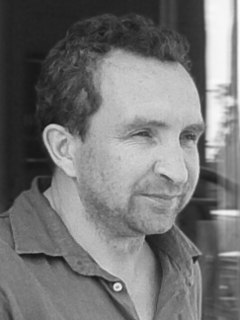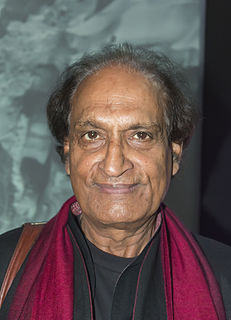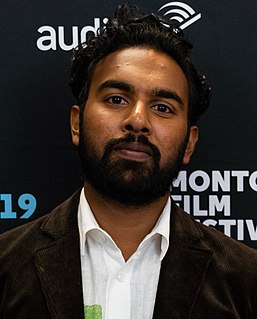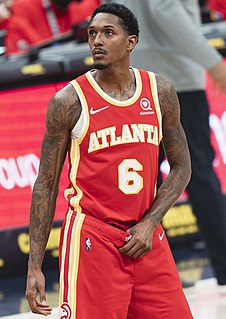A Quote by Eddie Marsan
I didn't do well at school, and I don't have lots of academic reference points.
Related Quotes
I tried not to write about the O.J. Simpson case too much because so much has already been said about it, but there are a lot of questions left worth asking. However, the case is very useful to illustrate other points. The case is a common reference point because everybody knows the ins and outs of it, more than any other case in this generation, so it becomes useful to reference other points. In itself, there aren't that many questions about it that remain unanswered.
I was quite straight-laced. I was quite academic until I was about 14 and then I went to boarding school where I had the opportunity to continue to be very academic, but got less interested in it and became more involved in acting. And then when I was applying for universities I used a couple of places on my UCAS form to apply for drama school without telling anyone... but didn't get into drama school. But that was the most rebellious thing I did.



































